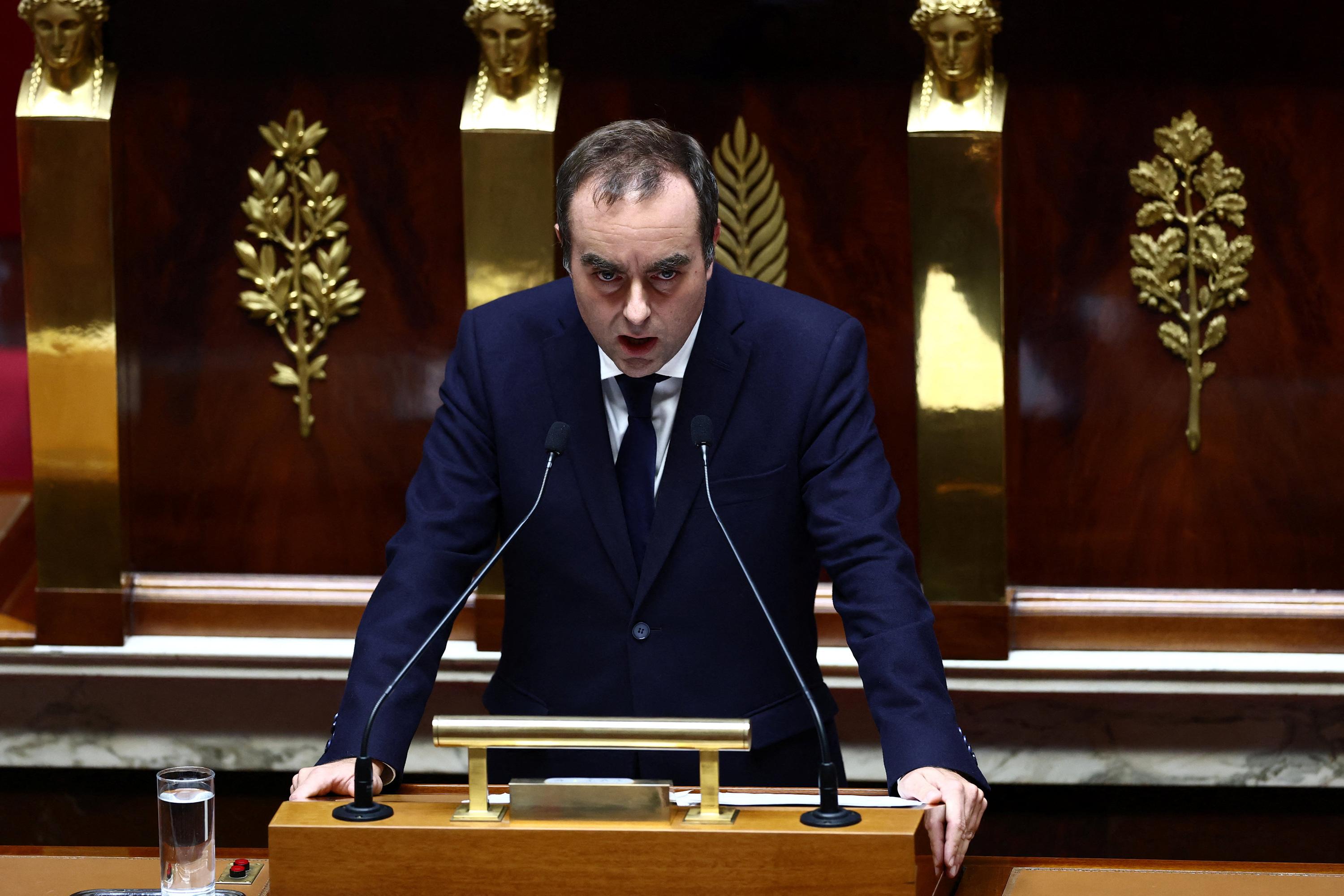Lecornu Suspends Pension Reform and Commits to Parliamentary Debate in October 2025 Policy Speech
Prime Minister Sébastien Lecornu announced the suspension of pension reform and emphasized parliamentary debate and fiscal discipline in his October 2025 policy speech.
- • Suspension of 2023 pension reform until after the 2027 presidential election announced.
- • Commitment not to use Article 49.3 to bypass parliamentary debate.
- • Budget deficit target set under 5% of GDP by 2026 with new wealth contributions proposed.
- • New decentralization act and constitutional inclusion of Bougival agreements pledged.
Key details
On October 14, 2025, Prime Minister Sébastien Lecornu delivered a pivotal general policy speech to the National Assembly addressing France's urgent social, economic, and ecological challenges. Central to his address was the announcement of the suspension of the contentious 2023 pension reform until after the 2027 presidential election. This suspension, which halts the raise in retirement age and maintains the insurance duration at 170 quarters until January 2028, is estimated to cost €400 million in 2026 and €1.8 billion in 2027, benefiting approximately 3.5 million French citizens.
Lecornu emphasized the importance of collaborative governance and ruled out the use of the controversial Article 49.3, which allows legislation to pass without a parliamentary vote. He underscored a fresh approach by promoting a 'government of mission' that proposes policies, debates with Parliament, and allows parliamentary voting, marking a departure from previous executive styles. He declared, "The government will propose, we will debate, you will vote," signaling a real power-sharing with the legislature.
Fiscal discipline was a key theme, with Lecornu setting a target to reduce the public deficit to below 5% of GDP by 2026, specifically aiming for 4.7%. He acknowledged anomalies in wealth taxation and proposed a special contribution from France's richest citizens to fund investment and combat fraud. A new law against fraud and a forthcoming decentralization act to enhance local governance and fiscal responsibilities were also promised.
Additionally, Lecornu announced plans to constitutionalize the Bougival agreements relating to New Caledonia by the end of the year. The Prime Minister urged parliamentary unity despite political differences, aiming for innovation and cooperation to stabilize governance and public services amidst multiple crises.
This pragmatic and determined tone signals Lecornu’s intent to offer stability and methodical crisis management, diverging from previous macronist politics and winning parliamentary and public trust.
In summary, Sébastien Lecornu's October 14 speech marks a significant political moment: the suspension of pension reform, renewed commitment to parliamentary debate, a focus on fiscal prudence, and a call for collaborative governance across France's political spectrum.
This article was translated and synthesized from French sources, providing English-speaking readers with local perspectives.
Source articles (5)
Source comparison
Suspension of pension reform
Sources disagree on the timing of the pension reform suspension
lemonde.fr
"announced the suspension of the pension reform until the 2027 presidential election"
france24.com
"the suspension of the pension reform"
Why this matters: One source states the pension reform is suspended until after the next presidential election in 2027, while another mentions it is suspended until after the 2023 presidential election, which is inconsistent and could mislead readers about the timeline of the reform's suspension.
Cost of pension reform suspension
Sources report conflicting costs associated with the pension reform suspension
lemonde.fr
"this suspension would incur costs of €400 million in 2026 and €1.8 billion in 2027"
france24.com
"the suspension of the pension reform"
Why this matters: One source states the suspension will incur costs of €400 million in 2026 and €1.8 billion in 2027, while another source does not mention these specific figures, which could lead to confusion about the financial implications of the suspension.
Latest news
Katy Spicher Sues French State for Denial of Justice Over Unsolved 1983 Murder of Her Mother
French Public Sees Rise in Political Violence Amid Pre-Municipal Election Tensions
Businesses Drive French Economy Amid Rising Financial Challenges for Youth
France Climbs to 4th Place in 2026 Winter Olympics Medal Table After Biathlon Relay Gold
XV de France to Field Largely Unchanged Lineup Against Italy in Six Nations
France and India Deepen Strategic Partnership with Focus on AI Regulation and Defense Cooperation
The top news stories in France
Delivered straight to your inbox each morning.




